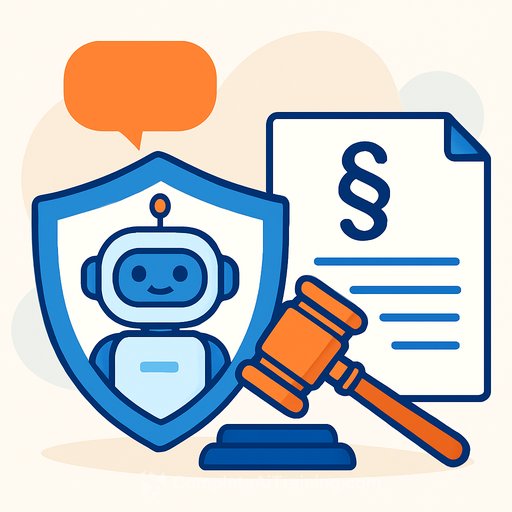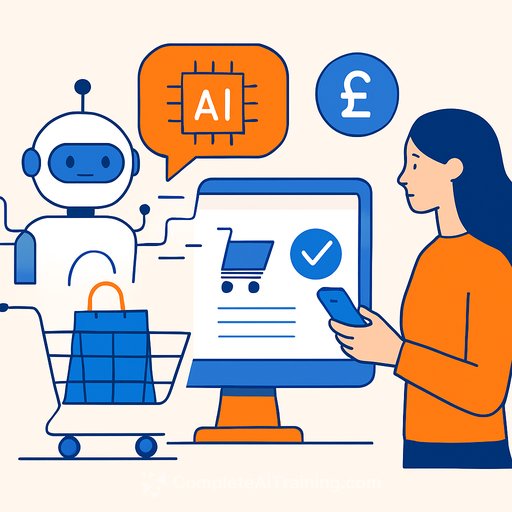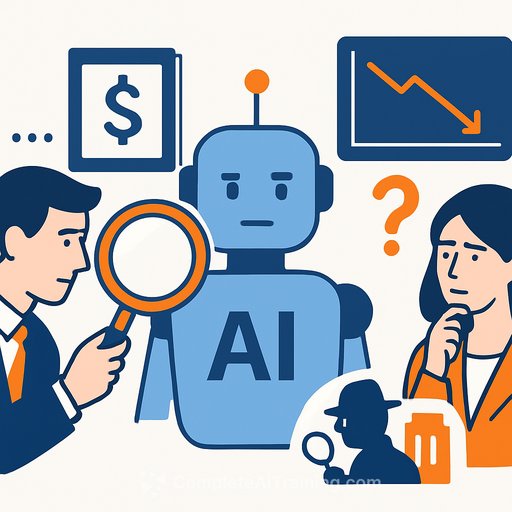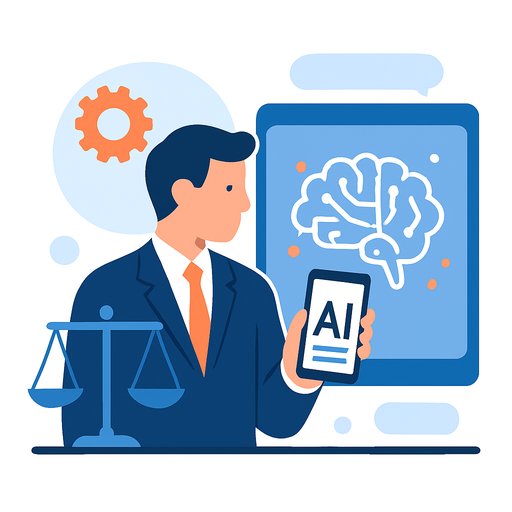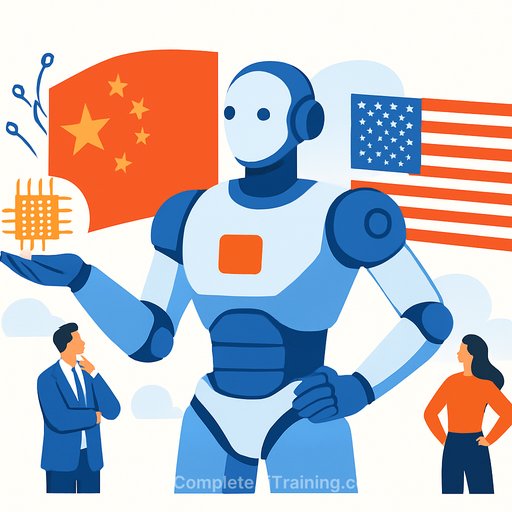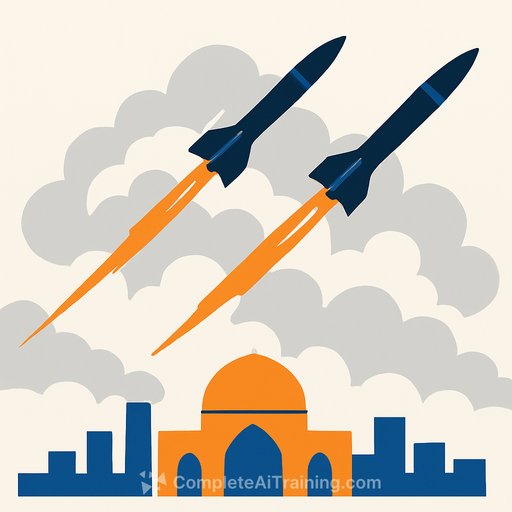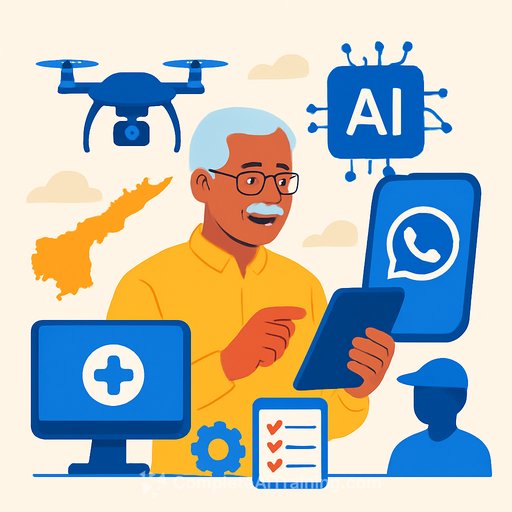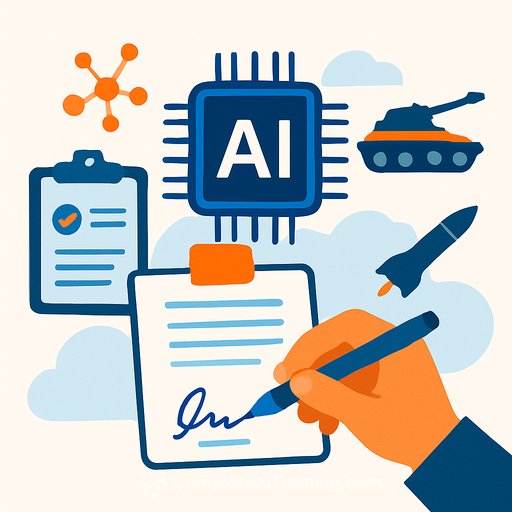Nintendo reportedly lobbies Japan on generative AI: what government and legal teams need to know
Nintendo has reportedly begun lobbying the Japanese government to rein in the use of generative AI, according to comments from Satoshi Asano, a member of Japan's House of Representatives. The company is said to be avoiding generative AI internally to protect its IP and is pushing for stronger legal guardrails.
Asano acknowledged generative AI's convenience but warned of rising risks to creators' rights. He referenced a wave of litigation at home and abroad, signaling growing pressure for clearer rules and stronger enforcement.
Why this matters for policymakers and counsel
- It highlights a hardening stance from rights holders, with a top IP-conscious firm pressing for tighter protections.
- It adds momentum to ongoing policy work on training data, output similarity, and liability allocation across the AI supply chain.
- Agencies and in-house legal teams should expect more rights assertions, stricter contractual terms, and requests for transparency from AI vendors.
The legal backdrop
Recent cases cited include the 2025 suit in which Yomiuri Shimbun sought 2.17 billion yen in damages from Perplexity AI for alleged unauthorized use of articles. Other Japanese publishers, including Nikkei and Asahi, have taken similar actions.
Internationally, The New York Times has sued OpenAI, and Getty Images has brought claims against Stability AI. For context on the Getty matter, see Reuters' coverage here.
Government response so far
Japan's Ministry of Economy, Trade and Industry (METI) issued a "Generative AI Utilization Guidebook for Content Creation," advising firms to assess whether AI outputs closely resemble copyrighted works. An overview of METI press materials is available here.
The guidance signals expectations for provenance checks, recordkeeping, and internal review when deploying generative systems in content workflows.
Corporate posture is shifting
Some companies, such as DeNA, are moving to models trained only on proprietary data. Nintendo, known for strict IP protection, is reportedly avoiding generative AI and engaging directly with policymakers.
This approach aims to reduce infringement risk, limit exposure to disputed training sets, and keep control over derivative works involving iconic characters and franchises.
What to watch next
- Whether METI or other ministries move from guidance to enforceable standards or new statutory language.
- Definitions of "substantial similarity" for outputs and thresholds for permissible training data use.
- Disclosure and audit requirements for model provenance, dataset composition, and content filters.
- Contractual norms between publishers, platforms, and model providers (indemnities, warranties, and usage carve-outs).
- Outcomes of ongoing litigation that could set persuasive or binding precedents.
Action steps for government, regulators, and in-house legal teams
- Inventory AI use cases and models across departments; flag any that touch copyrighted material or valuable IP.
- Adopt a clearance workflow: dataset provenance review, output similarity checks, and incident response for takedown claims.
- Update vendor contracts: training data representations, content source restrictions, indemnification, audit rights, and kill-switch obligations.
- Set policy for opt-outs and data licensing; document permissible sources and retention rules.
- Train staff on acceptable use, prompt hygiene, and red-teaming to catch near-copy outputs.
- Monitor METI updates and relevant court rulings; adjust internal standards promptly.
Policy direction
Asano stated that his party will promote "ethical use of generative AI" and may pursue tighter regulations, incorporating feedback from creators. The balance point will be how the government encourages innovation while giving rights holders enforceable protection.
Bottom line
Nintendo's stance underscores a broader shift: IP-heavy firms want clearer lines on training data and outputs. Expect more scrutiny, more contracts that fence off datasets, and stronger incentives to prove that AI systems respect creators' rights.
Further resources
- For teams building internal AI governance skills, see role-based training options at Complete AI Training.
Your membership also unlocks:


